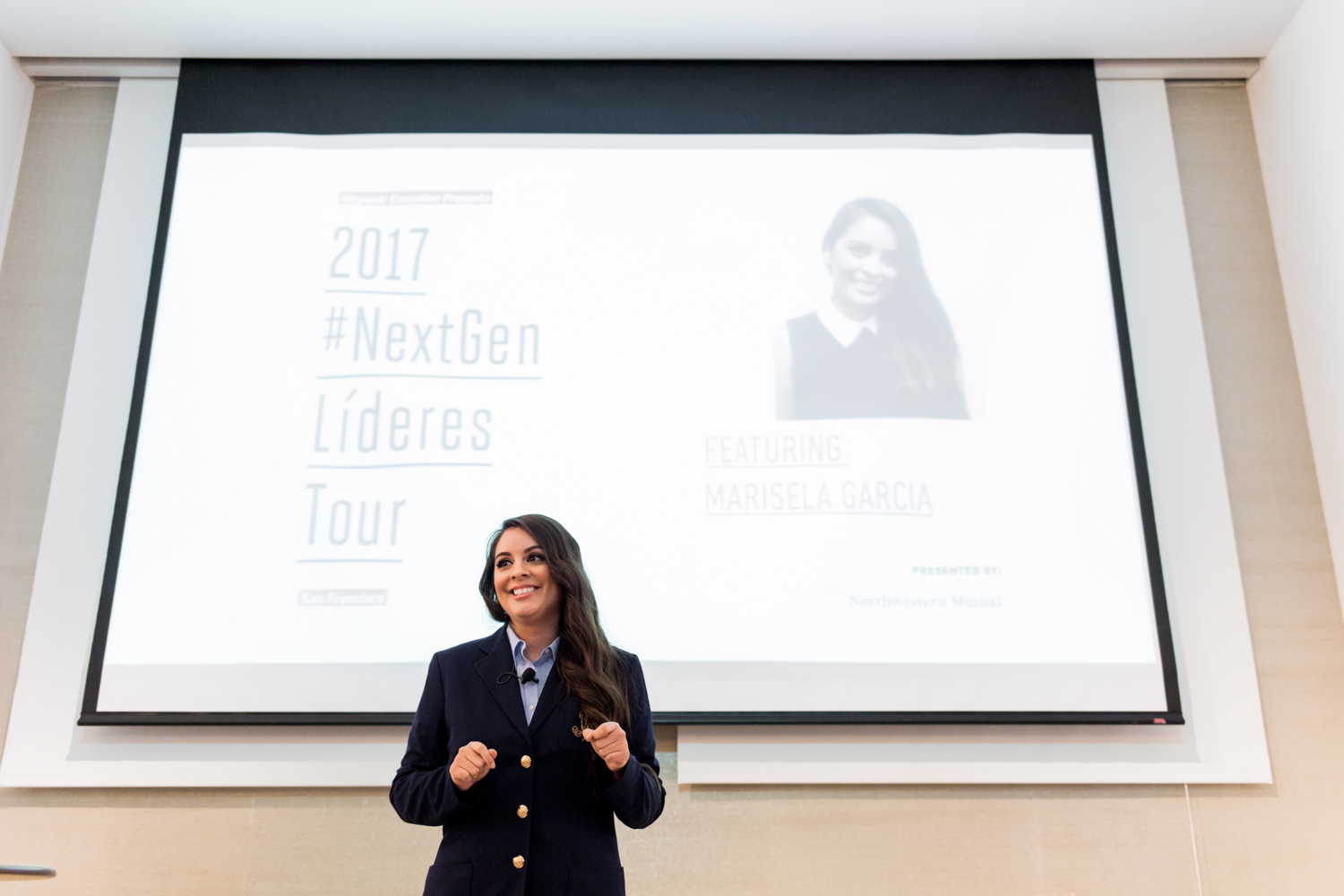Juan Carlos Gutierrez is truly a citizen of the world. His parents came from Spain, he grew up in Venezuela, he went to graduate school in France, and he became a US citizen in 2006. And, in his technology and professional-services career with PeopleSoft, Oracle, PricewaterhouseCoopers, and now as cofounder and managing partner of rational7, he has worked in all corners of the Spanish- and Portuguese-speaking world. As a result, he has a unique perspective on the countries that make up the global Hispanic business community—as well as a powerful position to act as a connector between them.
Midway through his career, his vantage point led him to an important realization: most Latin business communities were acting in isolation. They weren’t considering collaborating, outsourcing functions to other countries, or even recognizing the potential of importing best practices from other Hispanic countries.
“For a long time, I didn’t understand that I could change the business models by acting as a bridge to help introduce new solutions and new relationships,” Gutierrez says. “Eventually, I saw that the different communities have more in common than they realized and that they could all benefit if they learned how to collaborate more.”
Around the same time, David Olivencia, a colleague and one of the founders of the Hispanic IT Executive Council (HITEC), approached Gutierrez to introduce him to the organization. While other groups already had numerous networks such as fraternities and societies for MBAs or engineers, Gutierrez says, Hispanic professionals and businesses still relied on traditional interactions through family, friends, and existing colleagues. HITEC provided a new way for them to support each other, share ideas, and create new relationships and business opportunities.
“HITEC offers a forum that brings people together with others like them,” Gutierrez says. “Being able to switch between Spanish and English, even laugh about mispronunciations in both languages, makes everyone feel more comfortable and helps them recognize that the Hispanic business community is much broader than their own local markets.”
Gutierrez sits on the board of directors of the organization and helps put together summits with great content for the brightest leaders in the Hispanic business and technology sectors. And to serve as the link between them, he relies not only on his business connections, his expertise, and his longevity in professional services but also his deep respect for cultural differences, stemming from his personal background.
“I lived, studied, and worked in so many parts of the world that I learned that you have to listen very carefully and be sensitive to recognizing local traditions and expectations,” he says. “That leads to building stronger relationships and, ultimately, to adding value when you provide other points of view. But, first you have to completely understand the passions, the food, the sports, and the customs of the environment you’re operating in.”
There have been times when he has had to recognize his own cultural idiosyncrasies. When he came to the United States in the 1990s, he was accustomed to the Latin tradition of working long hours, which, he believed, demonstrated his commitment and diligence. However, he adapted after colleagues asked why he was putting in so many hours when there were tools and technologies to help him work more quickly and efficiently. They taught him that working smart is just as valuable as working hard.
Since then, Gutierrez has learned to accommodate numerous other cultural norms, including Caribbean businesses more readily accepting outsourced expertise, larger countries tending to prefer local resources, and companies and colleagues in Mexico never offering “no” as an answer. Each lesson has helped him break down personal barriers and improved his ability facilitate growth and new alliances.
In some instances, he has also been able to bring added knowledge and perspective to Latin companies in the United States. “Some Latin American networks appreciate the culture, but they don’t understand the nuances and subtleties, such as why it can be more effective to have a call center in Costa Rica than Guatemala,” Gutierrez says, adding that he and HITEC provide insights on such matters “to help create broader networks and business opportunities all over the world.”
As he continues to serve on HITEC’s board, along with those of the Congressional Hispanic Leadership Institute and the Greater Miami Chamber of Commerce, Hispanic markets are evolving and maturing. Their businesses are rapidly going digital, adopting cloud computing, and leveraging the Internet of Things, which is shifting labor and operational requirements. Both cross-border collaboration and the diversity of trading partners are increasing, and Gutierrez’s own clients are shifting from larger-scale initiatives to quick-win, agile projects.
Despite all the changes, Gutierrez remains focused on developing new opportunities and effective strategies for his clients and colleagues—as well as for younger generations. “Hispanic millennials are part of a culture that is very open to sharing and socializing,” he says. “We have to be sure to provide them with education and networks that enable them to become the technology disrupters of the future.”

